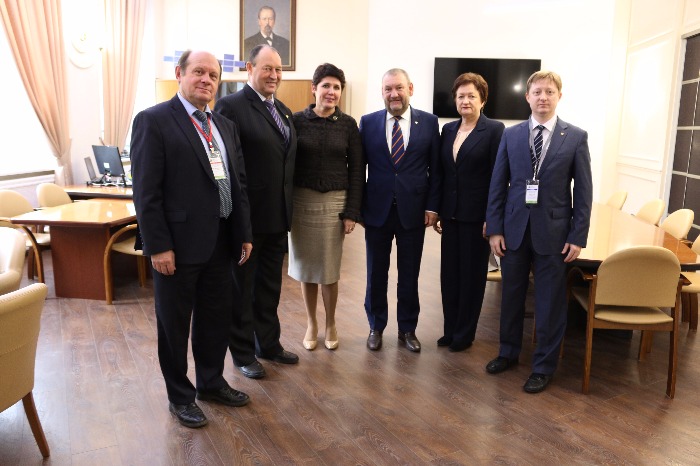- РУС
- ENG
10-11 October 2016, Tomsk: workshop “Topical issues of state accreditation. Assessment of students’ professional competences. Role of employers in the design and delivery of study programs”
On 10-11 October, 2016 the leading experts of FSBI “NAA” conducted a workshop “Topical issues of state accreditation. Evaluation of students’ professional competences. Role of employers in the design and delivery of study programs” in Tomsk.
The first day of the workshop was held on the premises of the Tomsk Polytechnic University (TPU) and was devoted to the discussion of the following issues: mechanisms of internal and external evaluation of the education quality, role of experts and expert organizations in the procedures of state accreditation.
The workshop opened with a welcome address of the Rector of the University, Peter Chubik who wished the colleagues fruitful work.
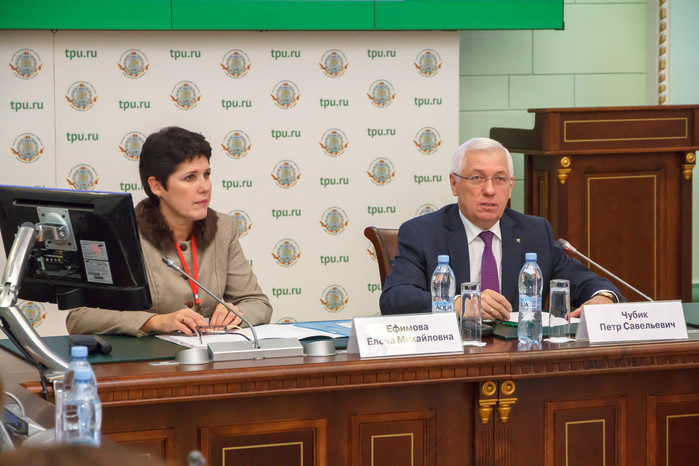
The Deputy Director of NAA Elena Efimova joined the welcoming address and continued her speech with a report on state accreditation of educational activities as a tool for monitoring the quality assurance of education. She noted that “the main objective of the state today in this area is to increase access to the quality education that meets the requirements of innovative development and current public and human needs. State accreditation should confirm the compliance of study programs delivered by HEIs with the federal state educational standards (FSES).”
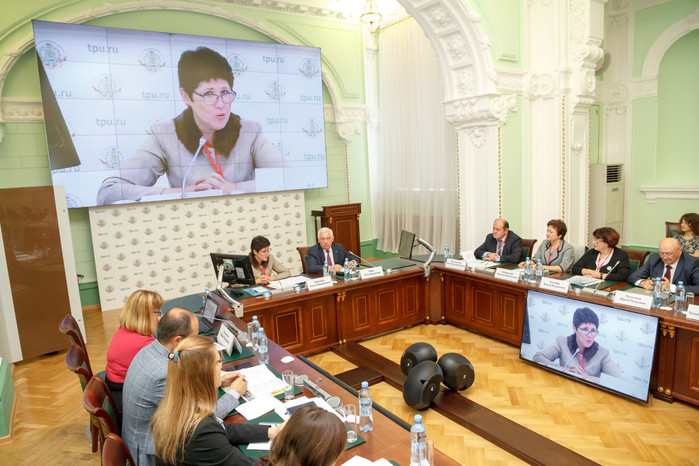
The President of the Association for Engineering Education of Russia (AEER), Yury Pokholkov shared best practices of the Association in carrying out international professional public accreditation of study programs in engineering and technology. He specified that one of the priority principles of their organization during program accreditation is the compliance with the requirements of employers. Also Mr. Pokholkov outlined the challenging issues which the Association faces in its work, in particular, undeveloped procedure for certification of professional engineers in Russia, which being well-developed would allow for raising the prestige of a certified specialist and would confirm a high quality level of his education in this field; such practice is widely spread in foreign countries.
The report of the Head of the Information and Analytical Department of NAA, Kapralova Ludmila was devoted to the technology of state accreditation of educational activities at educational and research institutions and its current issues. The analyste of the Innovative Development Department of NAA, Elena Kochneva informed the participants about the role of experts and expert organizations of the Federal Service for Supervision in Education and Science in the state accreditation procedure.
The first day of the workshop ended with a round table discussion on the theme: “Internal and external quality evaluation of the education as the main source of information to diagnose the performance results of educational organizations”. Then applicants wishing to establish the powers of a natural person as an expert involved in external review of basic study programs were interviewed.
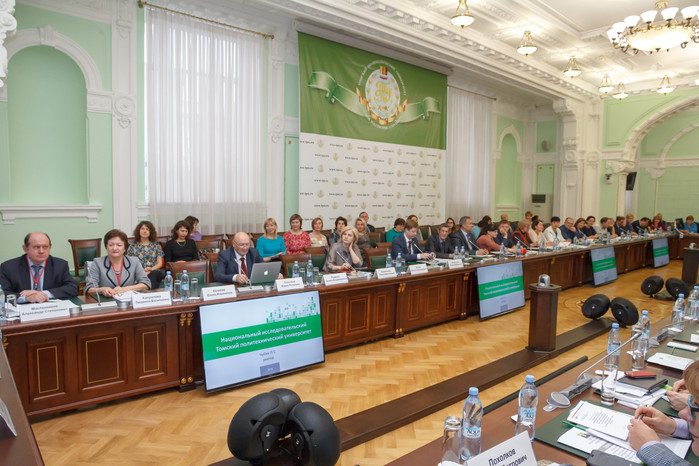
On the second day the workshop was hosted by the Tomsk State University of Control Systems and Radio Electronics (TUSUR University). The participants touched upon the issue of interaction between the university and employers in the course of studies: design and implementation of study programs, assessment of graduates’ professional competences, correlation of professional standards and study programs.
In his speech, the Rector of TUSUR University, Alexander Shelupanov, noted that “the employer is a chief expert in assessing the content and quality of graduates’ training”. It is him who assesses the acquired competences of a graduate when entering employment. Professor Shelupanov shared the successful experience of TUSUR University in cooperation with partner enterprises resulting in numerous scientific achievements which are successfully implemented by employers in manufacturing.
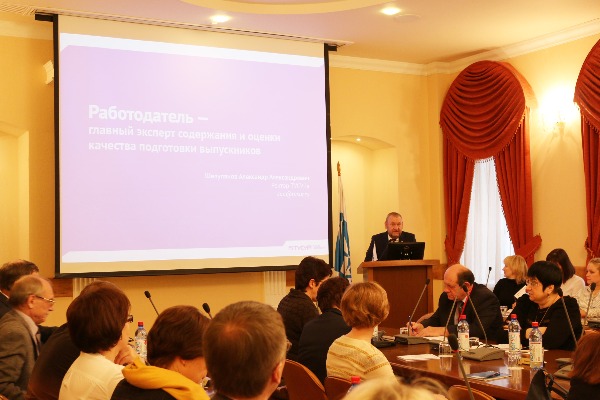
Presentations were also made by Sergey Mogilnitsky, Director of the Innovation and Technological Center for Engineering Education Development of TPU, AEER project manager and Alexander Maslennikov, the leading engineer of NAA branch in Yoshkar-Ola. Mr. Mogilnitsky told about the AEER experience in interaction with industrial companies on professional public accreditation of study programs against professional standards. Alexander Maslennikov together with Nailya Bagaytdinova (Director of the Institute of Management, Economics and Finance of the Kazan Federal University, certified expert of Rosobrnadzor) presented the workshop participants with the report “Design and evaluation of funds of assessment tools (FAT) in the state accreditation procedure.”
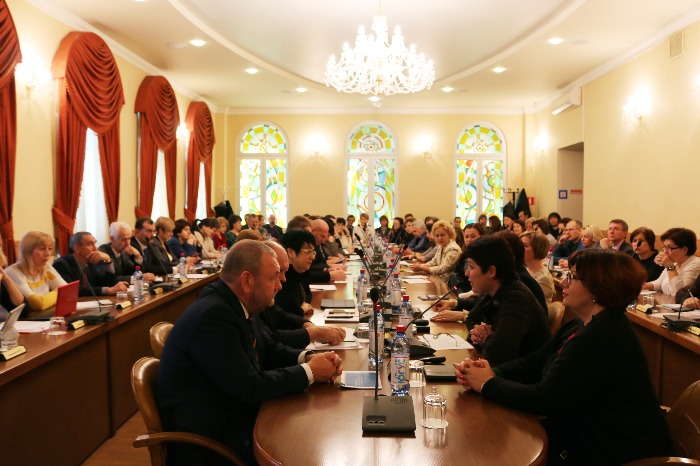
The participants were actively involved by the leading experts of TPU and TUSUR University in the panel discussion covering the practice of developing basic study programs with due consideration of professional standards. The colleagues debated the issues of divergence in the approaches of employers and the academic staff in formation of students’ competences in the course of studies.
The workshop ended with practical training sessions devoted to the review of assessment tools funds during state accreditation and the audit of the basic study program.
